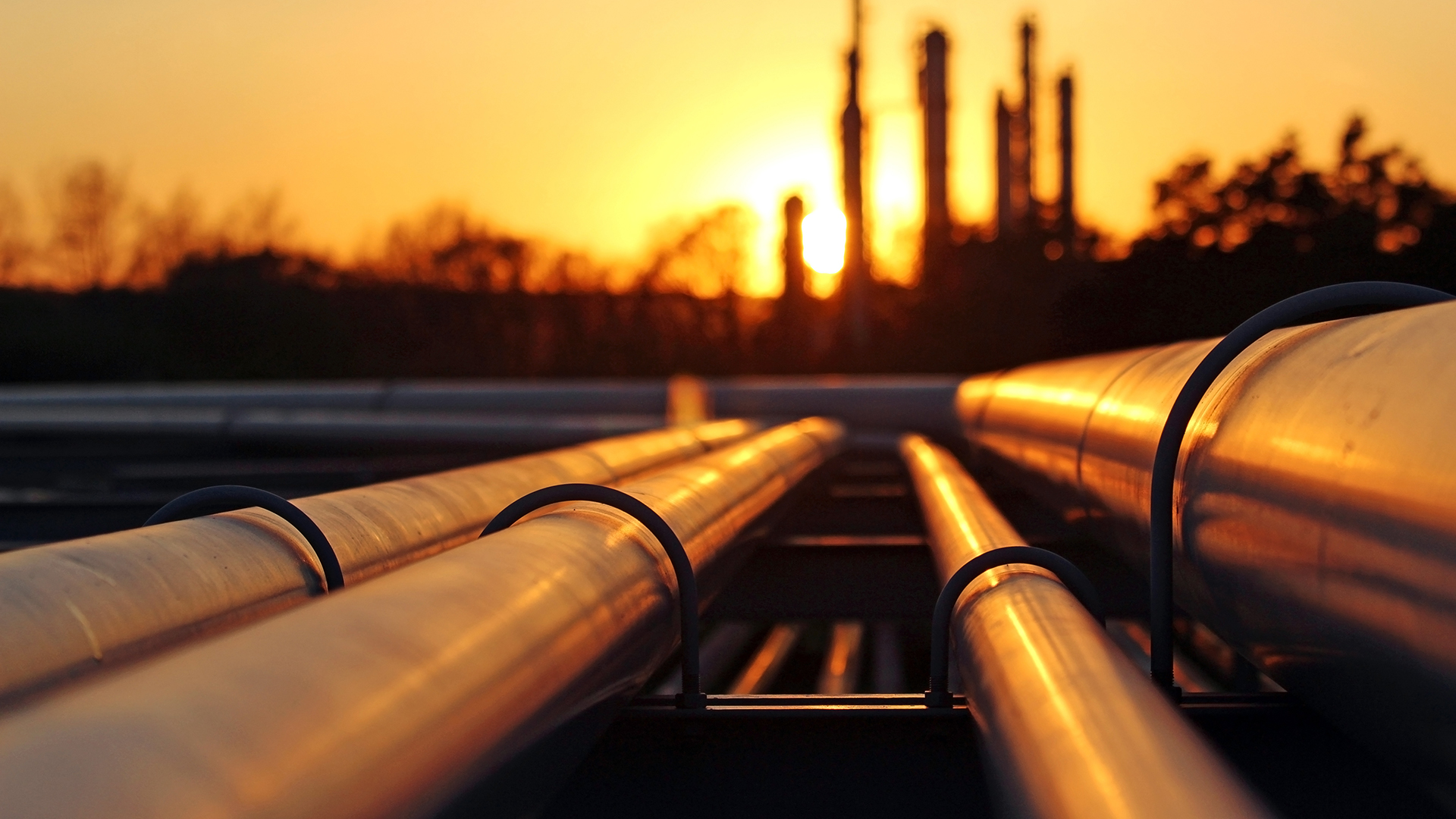The US sanctions space is very active and changes are made frequently. This publication is current as of November 6, 2020.
This update summarizes efforts by the United States to impose and/or expand sanctions on entities involved in the Nord Stream 2 and TurkStream gas pipelines, which are designed to bring natural gas from Russia to Europe. Such efforts include modified guidance expanding the applicability of Section 232 of the Countering America's Adversaries Through Sanctions Act (CAATSA) to such projects and the possible expansion of the Protecting Europe's Energy Security Act (PEESA).
On July 15, 2020, the US Department of State (DOS) updated its guidance regarding the applicability of secondary sanctions under Section 232 of CAATSA to foreign persons who are involved in Nord Stream 2 or TurkStream.
Section 232 of CAATSA targets those who (i) make investments that directly and significantly contribute to the enhancement of the ability of Russia to construct energy export pipelines; or (ii) sell, lease or provide goods, services, technology, information or support to the Russian Federation for the construction of Russian energy export pipelines. The investment threshold for Section 232 of CAATSA is set at $1 million, or $5 million over a 12-month period.
Prior DOS guidance had indicated that the focus of sanctions under Section 232 of CAATSA would be on projects initiated after August 2, 2017, thereby likely excluding Nord Stream 2 and TurkStream which, from a commercial perspective, were initiated prior to that date. The updated guidance removes the August 2, 2017 limitation and indicates that the focus of sanctions will specifically include Nord Stream 2 and the second line of TurkStream.
The updated guidance also establishes that the DOS will interpret 'investment' broadly, as any transaction that constitutes "a commitment or contribution of funds or other assets or a loan or other extension of credit to an enterprise." Persons making such investments or engaging in such activities, including but not limited to financing partners, as well as pipe-laying vessels and related engineering service providers engaging in the deployment of the pipelines, may be subject to sanctions. DOS will not impose sanctions under Section 232 of CAATSA based on activity that is "ordinarily incident and necessary to the wind down of operations, contracts, or other agreements" in place prior to July 15, 2020, as long as:
- Investments and activities are consistent with the pre-July 15, 2020 guidance and executed pursuant to an agreement dated prior to July 15, 2020; and
- Any person(s) making such investments or engaging in such activities take reasonable steps to wind down the operations, contracts, or other agreements as soon as possible after July 15, 2020.
This updated guidance means that Section 232 of CAATSA now potentially affects any persons involved in financing or contributing to the expansion of either Nord Stream 2 or the second line of TurkStream. This could include any persons facilitating the construction or deployment of the pipelines, such as pipe-laying vessel operators and related engineering service providers, or those involved in financial aspects of such activities.
Protecting Europe's Energy Security Act (PEESA)
PEESA, which was enacted on December 20, 2019, requires the DOS to identify, not later than 60 days after the enactment of the NDAA and every 90 days thereafter: (i) vessels that are engaged in pipe-laying at depths of 100 feet or more below sea level for the construction of the Nord Stream 2 or TurkStream pipelines, or any successor projects to either pipeline; and (ii) foreign persons that have knowingly sold, leased, or provided the vessels for construction of either project or facilitated deceptive or structured transactions to provide such vessels.
The President is then required to block the property of, and prohibit all transactions involving, such identified foreign persons unless he certifies that the person has engaged in good faith efforts to wind-down the prohibited activities or declares a waiver would be in the national security interests of the United States. Officers and principal shareholders of sanctioned entities are also subject to visa restrictions on entering the United States.
The US Office of Foreign Assets Control (OFAC) issued a Frequently Asked Question that, under PEESA, "parties that have knowingly sold, leased, or provided vessels that are engaged in pipe laying at depths of 100 feet or more below sea level for the construction of Nord Stream 2 or Turkstream must ensure that such vessels immediately cease construction-related activity".
On October 20, 2020, the DOS issued additional guidance for clarification regarding the phrase knowingly “provided those vessels for the construction of such a project”. Activities that may be subject to sanctions under PEESA or other relevant authorities include, but are not limited to, providing services or facilities for upgrades or installation of equipment for those vessels, or providing funding for such upgrades or installations. The DOS guidance also states that sanctions will not be imposed on persons that immediately engage in, or complete within 30 days, a good faith wind-down of such activities (being by November 28, 2020). Good faith exceptions may be made for activities required for the safety of the pipeline or crew aboard the vessels, or the maintenance of the vessel to avoid any environmental or other significant damage. DOS guidance also clarifies that sanctions will not apply to persons engaging in activities necessary for or related to the repair or maintenance of Nord Stream 2, TurkStream or any successor project. This includes activities necessary for environmental remediation in respect of the projects.
Importantly, in its October 20, 2020 guidance the DOS states “the Department of State and the Department of the Treasury are prepared to use the full range of sanctions authorities to halt construction of these pipelines”.
Protecting Europe's Energy Security Clarification Act (PEESCA)
On June 4, 2020, five US Senators introduced PEESCA, a bill which expands the scope of sanctions under PEESA to include parties providing underwriting services, insurance or reinsurance for the Nord Stream 2 or TurkStream projects. PEESCA has not yet come into force, although versions of PEESCA were passed through bills of the NDAA received by the US Senate and House of Representatives on July 23 and July 21, 2020, respectively. If PEESCA is to become law, Congress appointees will reconcile the two bills before a final vote in the House and Senate, prior the President signing it into law.
If PEESCA comes into law it will expand the scope of sanctions by sanctioning "pipe-laying activities" (previously "pipe-laying") in connection with the construction of the Nord Stream 2 pipeline project, the second TurkStream pipeline project, or any successor project. "Pipe-laying activities" has been widened to include (inter alia) site preparation, surveying and trenching. In addition, facilitated selling, leasing, or providing of pipe-laying and pipe-laying activities are targeted under the sanctions. Services including underwriting, insurance, or reinsurance in relation to vessels engaged in "pipe-laying activities" would be prohibited under the sanctions, along with technology upgrades, installation of welding equipment, retrofitting, and tethering of vessels in relation to vessels engaged in "pipe-laying activities".
EU response
The EU Commission has responded to the US sanctions in relation to Nord Stream 2 by stating that the EU does not recognise the extraterritorial application of US sanctions relating to the pipeline which it considers to be contrary to international law. The EU Commission has recognised that many companies in the EU are involved with Nord Stream 2 and has stated that the EU does not intend to impose sanctions against these companies provided that they act in accordance with EU law.
Conclusion
Companies involved in the Nord Stream 2 or TurkStream projects should evaluate their potential risk under these expanded and potential future sanctions.
We will continue to monitor these, and related, sanctions closely and publish additional updates, as appropriate.
If you have any queries in relation to these specific measures, or sanctions in general, please contact Katie McDougall (London) or Stefan Reisinger (Washington DC).




